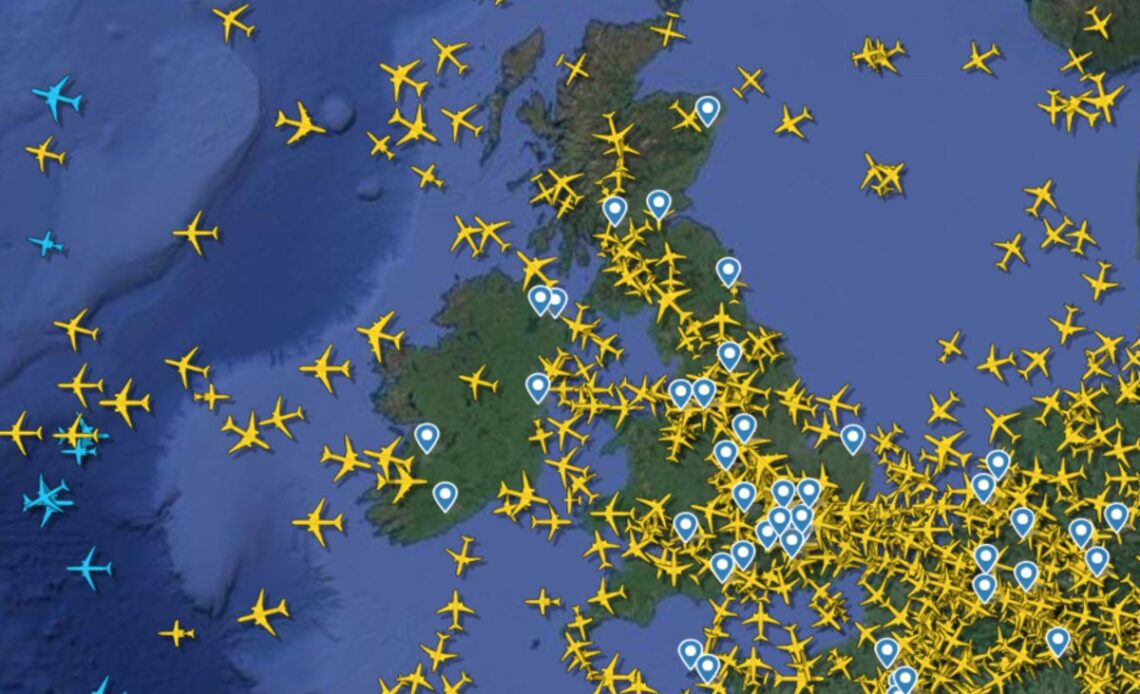Climate crisis, what climate crisis?
As of 1 April, the tax you pay on UK domestic flights has plummeted, as the government halves Air Passenger Duty (APD) from £13 to £6.50. It’s expected to lead to soaring demand, with new routes, more flights and lower fares.
You’d think we’d solved global warming.
Slashing emissions, alongside restoring healthy biodiversity (which soaks up carbon), couldn’t be more urgent. However personally or politically unpalatable it may be, right now that means – despite some progress towards renewable aviation – flying less. Any policy designed to incentivise the polar reverse, especially where there are lower carbon alternatives, is obscene.
The tax cut is a huge boon for the UK’s aviation lobby; a confidence boost they could do without. The country’s largest airports are already betting on an alarming 60 per cent increase in overall passenger numbers compared with 2019. But flying more for less really is too good to be true.
Higher flight taxes for some benefit everyone
Make no mistake, this cut isn’t about giving ordinary people a fairer deal. That would be investing in our disappearing bus services – over a quarter have been axed in the last decade – and our failing, overpriced trains.
Yes, we can choose not to board a plane. But where greener alternatives are unreliable and unaffordable, that decision becomes much harder. Chronic lack of investment and policy failures chip away at our choices.
It needn’t be this way. Look at Germany, rolling out a £43 monthly unlimited public transport pass, and France banning short domestic flights.
Make no mistake, this cut isn’t about giving ordinary people a fairer deal
Curbing flight demand is vital. Two things would help and, what’s more, they’d benefit everyone. First, reverse the tax cut on domestic flights. APD should be fairer across the board – higher for frequent flyers, as well as first class and business seats. Crucially, these taxes must be ringfenced for investment into lower-carbon – affordable – alternatives, and new sustainable technologies. I call it a Green Flying Duty, something I’ve long advocated for. Higher airfares may sting, but domestic rail fares dropping to affordable levels in tandem should help soften the blow.
Second, tax aviation fuel. Unlike petrol or diesel for drivers, airlines don’t pay fuel…
Click Here to Read the Full Original Article at The Independent Travel…
